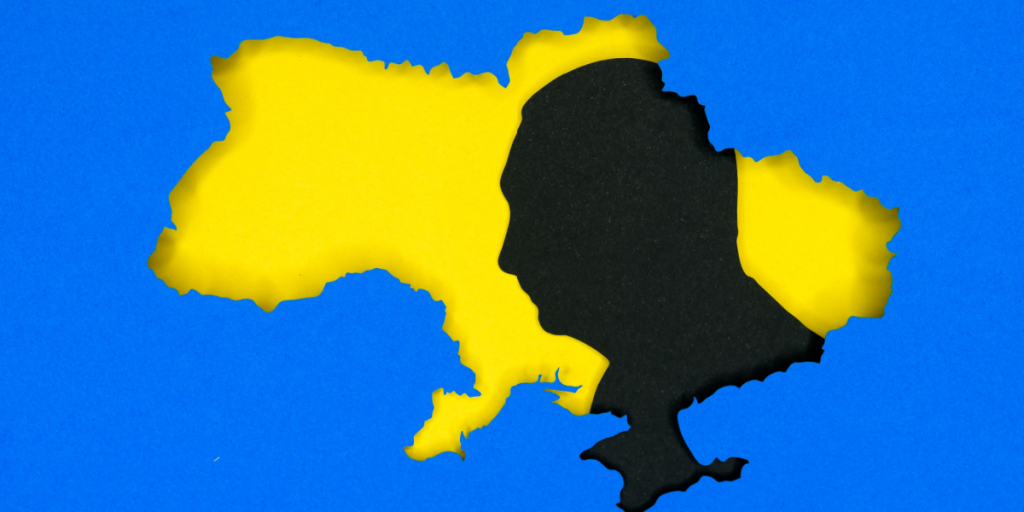It’s safe to say, that Russia has pulled it’s commitment to the agreement today.
Others are reading now
It’s safe to say, that Russia has pulled it’s commitment to the agreement today.
Is Ukraine a country or not?
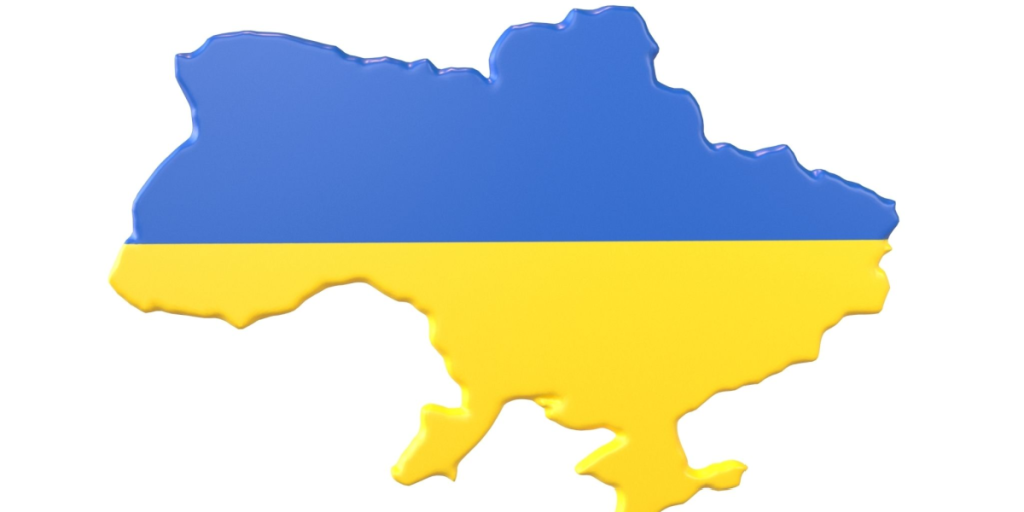
Most people around the world would say “yes, of course”, but according to the Russian President, Vladimir Putin, it is not.
The 2021 essay
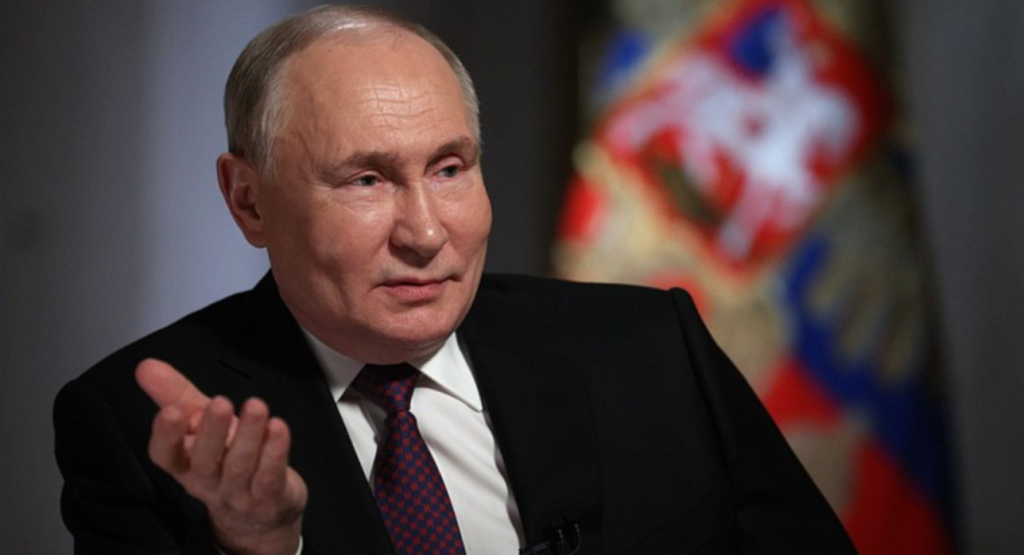
Before the full-scale invasion launched, Putin wrote an essay in 2021, where he promoted the idea that Ukraine is not a soveregin country.
The essay, titled “On the Historical Unity of Russians and Ukrainians”, he argued, that Ukraine is historically a part of Russia – an argument, he has repeated several times during the war.
Not a country? Well, Russia’s signature says it is
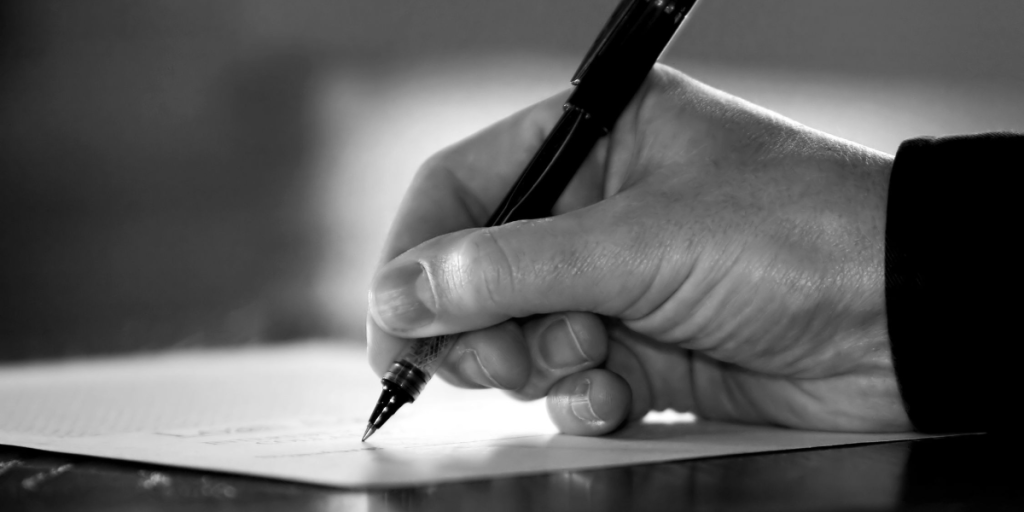
Now, the thing is, that of course Ukraine is a soveregin country – and even Russia recognized that fact as early as 1994 when they signed the Budapest Memorandum.
Also read
Not sure, what that is? Not to worry, here’s a rundown.
Post-Soviet context
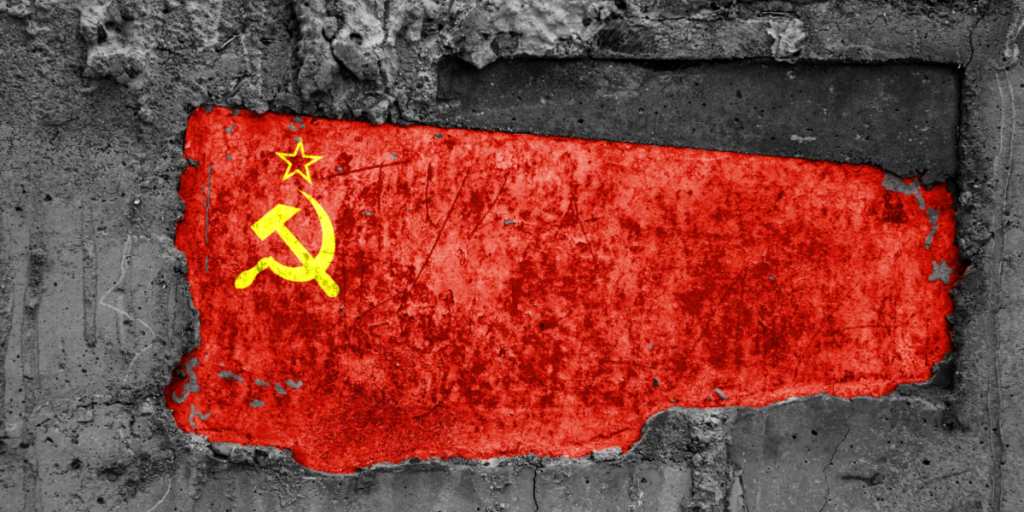
After the collapse of the Soviet Union in 1991, newly independent Ukraine inherited the world’s third-largest nuclear arsenal, raising international concerns about nuclear proliferation.
Global non-proliferation goals
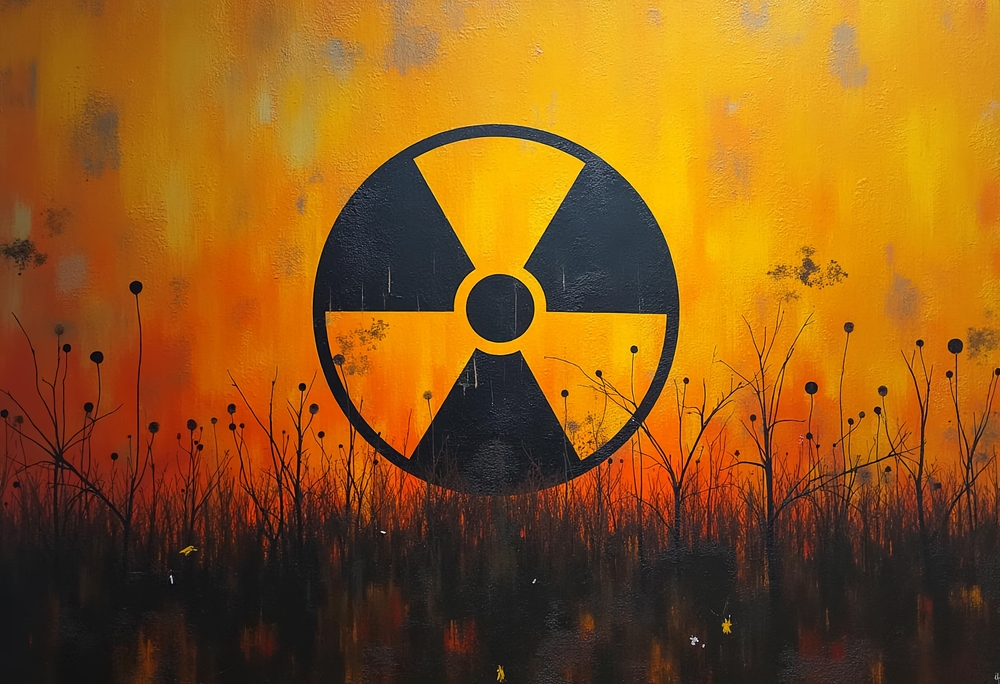
The United States, Russia, and other powers wanted Ukraine, Belarus, and Kazakhstan to give up their nuclear weapons and join the Treaty on the Non-Proliferation of Nuclear Weapons (NPT) as non-nuclear states.
Negotiations leading up to the memorandum

Throughout the early 1990s, diplomatic efforts centered on security guarantees and economic support to persuade Ukraine to disarm; key talks culminated in late 1994.
Signing at the OSCE Summit
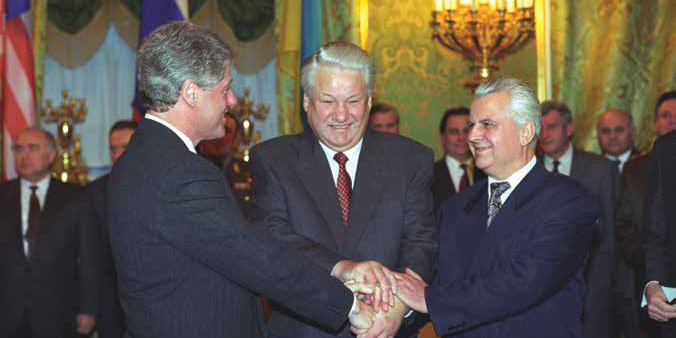
On December 5, 1994, at the Organization for Security and Co-operation in Europe (OSCE) summit in Budapest, Ukraine agreed to accede to the NPT.
Also read
In return, it received formal security assurances.
Core content – security assurances
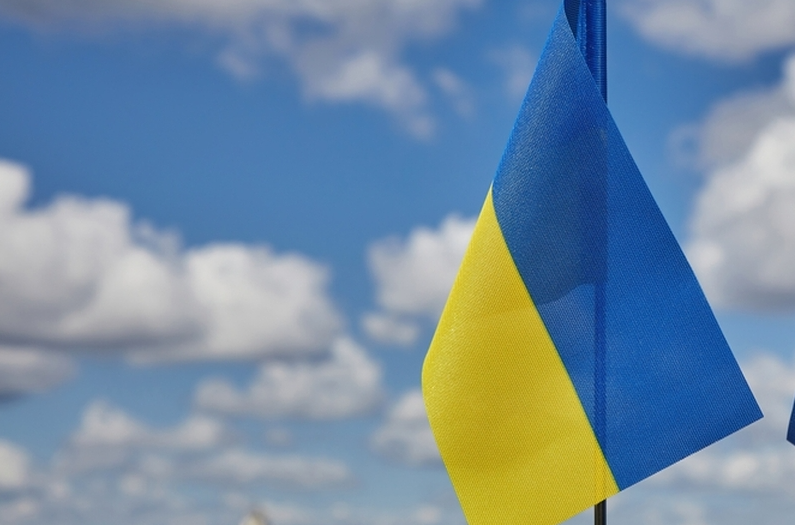
The memorandum promises respect for Ukraine’s sovereignty, independence, and existing borders, emphasizing non-use of force or threats against Ukraine’s territorial integrity.
Nuclear non-use commitment
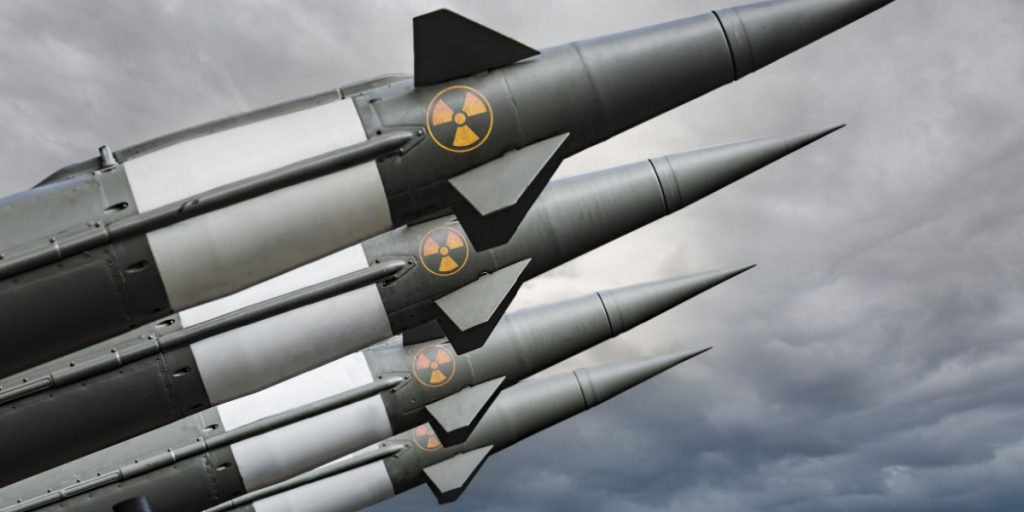
Signatories pledged never to use nuclear weapons against Ukraine, except in cases of self-defense or if attacked in alliance with a nuclear-armed state.
Non-coercion principle

The memorandum includes commitments against economic coercion, ensuring that pressure would not be used to subordinate Ukraine’s rights or policies.
UN and international support clause
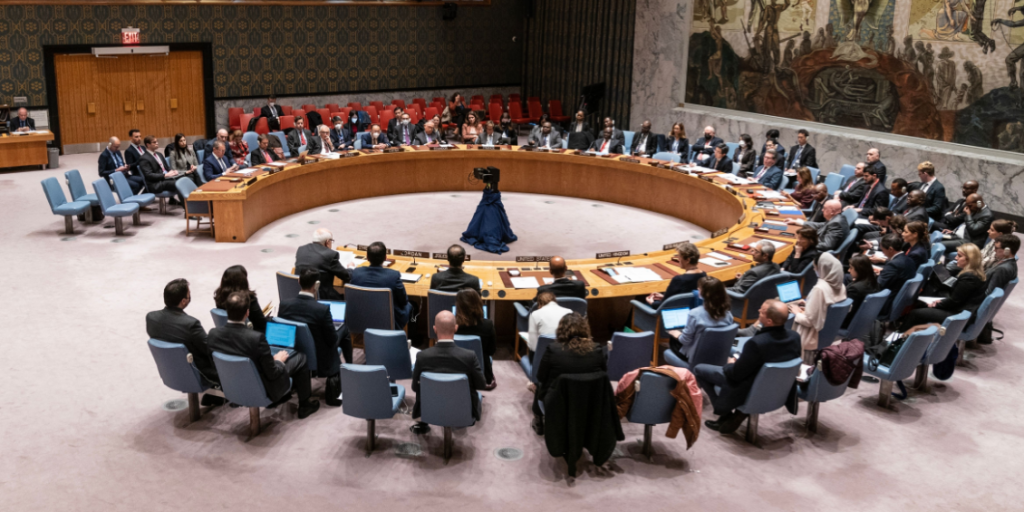
The signatories agreed to seek immediate UN Security Council action if Ukraine were threatened or attacked with nuclear weapons, providing a path for international recourse.
Also read
Key signatories

The memorandum was signed by Ukraine, Russia, the United States, the United Kingdom, Kazakhstan and Belarus.
China and France issued similar unilateral assurances separately but were not official signatories.
Historical significance and later controversy
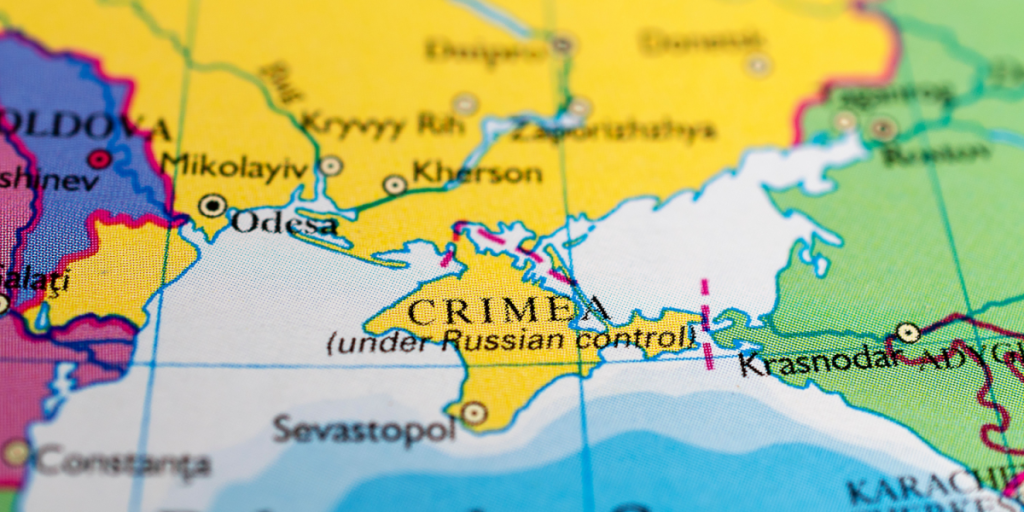
The Budapest Memorandum is a cornerstone of post-Cold War disarmament; however, Russia’s actions in Crimea (2014) and the 2022 invasion have sparked debates over the effectiveness and enforceability of its security assurances.
Has the West violated it as well?

According to the memorandum, the signatories commit to seek immediate action in the UN Security Council to provide assistance to another signatory, if they “should become victim of an act of agression og an object of a threat of aggression in which nuclear weapons are used.”
The threats of nukes
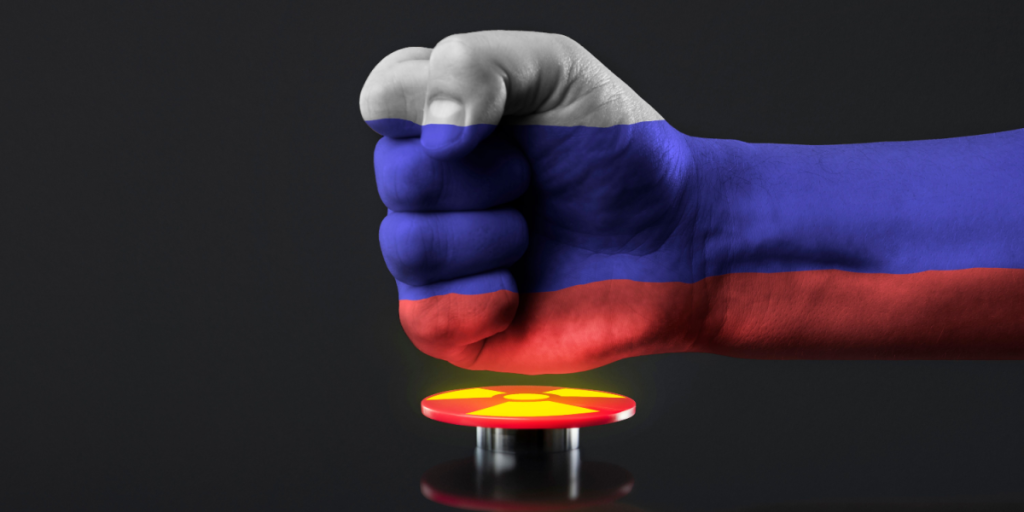
Russian politicians have repeatedly aired the idea of using tactical nukes in Ukraine, which could be interpreted as a clear threat that should prompt the UK and the US to act.
Also read
Whether the Western allies should have acted differently, is a subject for debate.

